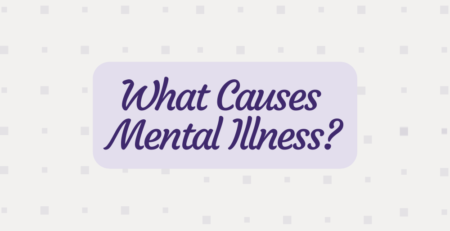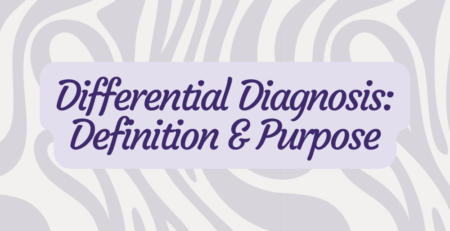Poor Sleep Hygiene and Mental Illness
Your ability to consistently get seven to nine restful hours of sleep every night is essential for your health and well-being. Unfortunately, many Americans struggle with chronic sleep deprivation, which makes it more challenging to cope with stress and emotional resilience.
If it’s hard for you to fall asleep or you wake up multiple times each night, you’re already familiar with how insomnia can make you feel – groggy, grumpy and like you’re stumbling through your days on autopilot. Sleep debt also links closely with many physical and mental health conditions, including heart disease, Type 2 diabetes, depression and anxiety. In observation of Sleep Awareness Week, here’s what you should know about protecting your well-being through better sleep hygiene.
How Does Sleep Quality Affect Your Mental Health?
During sleep, your brain activity moves through different stages, each of which plays a role in brain health, cognitive abilities and learning. For example, the REM phase of the sleep cycle is when your brain processes information and forms new memories. Therefore, a lack of sleep can cause problems with mood and emotional resilience.
Trouble sleeping may be a cause and consequence of mental health problems. For example, insomnia is a common symptom of mood disorders like anxiety and depression. Sleep deprivation studies show otherwise healthy people can experience increased anxiety and distress levels following poor sleep. People living with mental health conditions are even more likely to experience chronic sleep problems that exacerbate their symptoms and can even increase their risk of having suicidal thoughts and tendencies.
Strategies for Getting Better Sleep
Through specific lifestyle changes, you can improve sleep quality and quantity and your overall well-being.
- To reinforce your body’s circadian rhythms, stick to a consistent sleep schedule, going to bed and waking up at the same times even on weekends and holidays.
- Set a bedtime that is early enough for you to get at least seven hours of sleep.
- Establish a relaxing bedtime routine that helps dispel the day’s tensions.
- If you’re having a hard time falling asleep, don’t lie in bed awake. Instead, get up and do something to self-soothe until you feel tired.
- Create an environment that’s conducive to rest – avoid bright lights and loud sounds, keep the room at a comfortable temperature and banish electronics from your bedroom.
- Avoid caffeine, nicotine and alcohol.
- Seek natural light throughout the day – sit by a window or go outside for a walk.
Personalized Mental Health Care
People experiencing difficulties with their mental well-being deserve a level of care that meets their specific needs. At Serene Behavioral Health, our medical professionals have advanced training in techniques that address conditions like depression, anxiety and PTSD. We want to help you work toward wellness and live the life you deserve.
To learn more about our four levels of care and the evidence-based techniques our team uses to treat them, connect with us today.
















